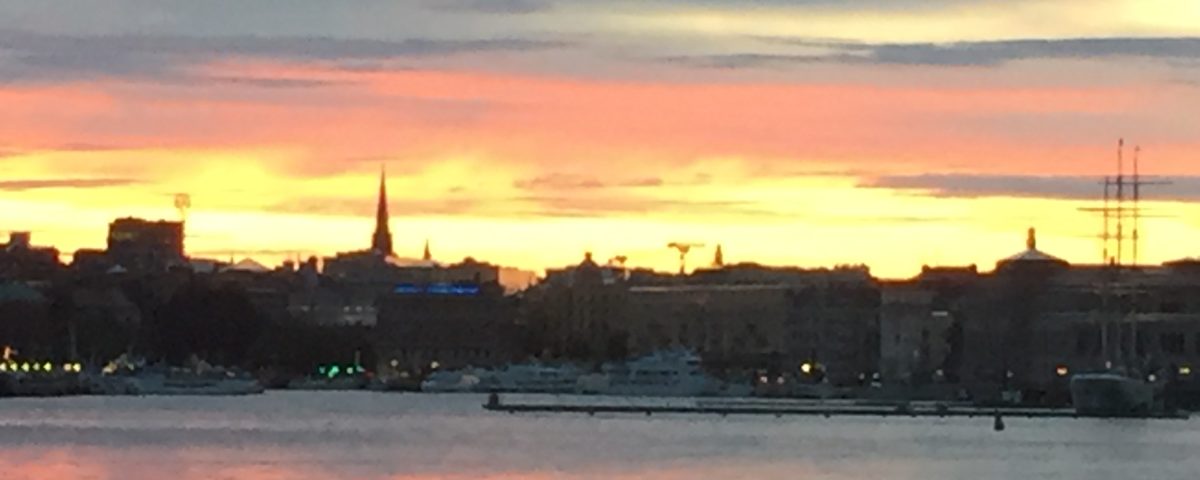Why a Speech Given in 2011 Resonates Today

My favorite musical, hands down, is Ragtime, which is based on the book of the same name by E. L. Doctorow, and which I have seen several times, not just on Broadway but in a memorable snowy winter night at NYU in an excellent production by its theater students and the president of the university who had taken on the role of Grandfather. It narrowly surpasses A Chorus Line, which seen in revival a couple of years ago, still has legs. When we moved to Westchester, I did drive my car up Broadview Avenue in New Rochelle, though. The Little Boy, Edgar, says in the book and in the show’s opening number that Father built a house at the crest of the Broadview Avenue hill, and I just wanted to see it and to imagine what life was like back around the turn of the century.
Not so good. The story continues to resonate today, as it speaks to the dreams of a better world and the hardships and racism faced by the black community over a hundred years ago. I became even more enamored of Doctorow this morning when I read a story in tomorrow’s edition of the New York Times (parts of which are delivered on Saturday) about a graduation address that he gave at his alma mater, the Bronx High School of Science, in 2011. It’s not only eloquent but insightful and yes, a defense of why the liberal arts are relevant as we turn to science and away from racism and gather to express our hopes and vision for a better world:
“I’m thinking now of the principal at Science in my day, Dr. Morris Meister. I remember that he said about scientific knowledge that in the passage of time, it was like a searchlight beam expanding and lighting up more and more of the darkness. But as it did, he said, so did the circumference of darkness expand. That’s a pretty good line, don’t you think? As the light spreads out so does it discern more and more of the darkness. Actually this may have been said first by Albert Einstein, but no matter.
The human quest for knowledge, for knowing everything there is to know, will always face that expanding circumference of darkness. That is what makes learning such an adventure. You will find that in the world great progress is made in some ways, like curing disease, like inventing robotic devices, going into space, while in other ways, as in our wars, our brutalization of others, our pollution of the natural world, we are faltering. It is possible that our great technical achievements notwithstanding, our moral natures are not keeping up, that we have the brains but not always the hearts to do the right thing. But there is always hope, and there is always the next generation coming along to make things better. So that the circumference of darkness, which turns out to be the questions for which science has no answer, can eventually be illuminated.”
There is a reason that we also refer to the liberal arts as the humanities. Without humanity, science cannot dispel the darkness.
I highly recommend you read the rest of the article at https://www.nytimes.com/2020/06/11/nyregion/el-doctorow-graduation-speech-bronx-science.html. It is a wonderful tale.

